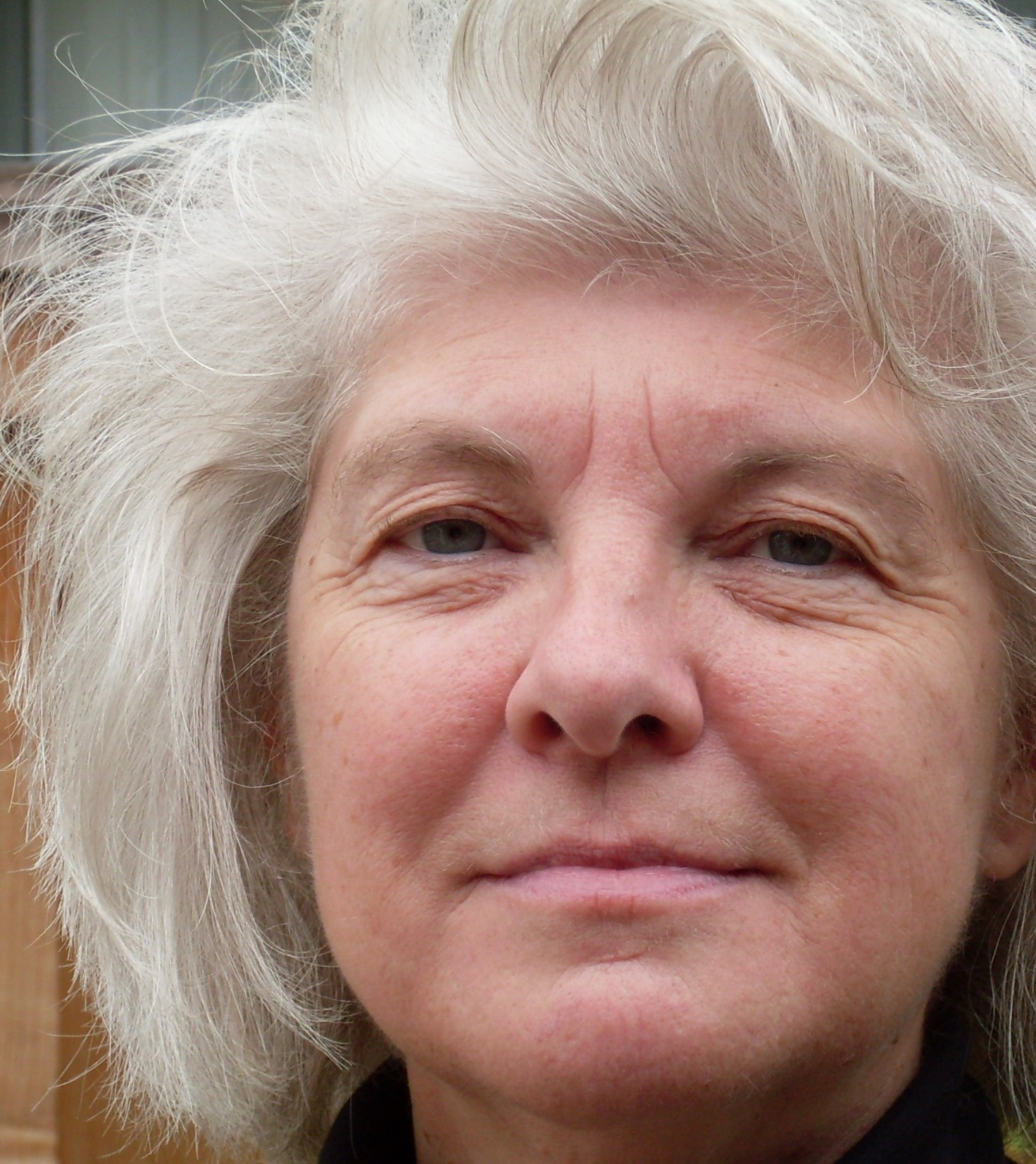Trauma – “a deeply distressing or disturbing experience, like the death of a child.” This is how Google defines it. Webster defines it thusly, “a very difficult or unpleasant experience that causes someone to have mental or emotional problems usually for a long time.” Okay. I’ll plead guilty to each description. I think one of the most difficult and “distressing” side effects of surviving a traumatic experience is the sense of alienation one feels. And having written two memoirs, one of a Holocaust survivor, and the other a child survivor of the Korean War, I have witnessed both men suppress the telling for decades, the real telling, that is, until finally they could hold it in no longer. Post Traumatic Stress Syndrome (PTSD) is an insidious condition and affects different people in different ways, some to a lesser degree, some to a greater degree. Bennet (the Holocaust survivor) scoffed at the notion. I don’t know whether Alvin did but I have come to know each of them has consequences, symptoms, if you will, (kicking walls during nightmares, raging at times, severe judgments at other times,) from just such “distress.”
According to Dr. David R. Hawkins, ground-breaking psychiatrist of the 20th and 21st centuries, PTSD is real enough, although I did not need him to confirm it in my own life. I once went to a lecture by Terry Anderson, the longest held American in Beirut. After releasing his book, Den of Lions, Anderson was asked how did he make it out of his five-year captivity as well as he did, while others held shorter times went off the deep end. His answer was something to the effect that ‘different people have different capacities to handle traumatic experiences.’ This is not to say he survived “unscathed.” But it is likely true enough and, in a way, I digress.
My traumatic experience(s) have been slow to be revealed to others, at least to the very depths of the wounds. Having been in Iran with a husband arrested by Savak as a political prison in the 1970’s, I had both benefit of a somewhat earlier chaotic childhood ‘conditioning’ to soften up the ground for my lopy emotional survival, such as it has been, as well as its curse. There were other traumatic experiences I had endured even after Iran, experiences about kidnapping, boa constrictors, a death threat or two, and possible child snatching. Yes, I’ve had my own share of trauma, which oddly was one of the sources of identification I had with Bennet, however tepid mine might have been in comparison to his.
But that’s the rub isn’t it? Different people have different capacities to endure and come out whole from trauma, or at least patched together in a serviceable way, like Anderson says. I know a 93-year-old woman who has ‘survived’ her husband’s suicide 25 years ago, only to endure the suicide of both of her two children, offing themselves a year apart in the last four years. It defies any emotional description I can summon. She cannot cry. She simply cannot. She even went to therapy for a while but that still didn’t elicit the tears she so desperately needed to shed, so she quit. Instead, she continues to make her way through her days as best she can, tearless but not altogether cheerless. It is an incredible mystery.
For my part, I’m a cryer although often I wait too long, having learned to suppress that watershed act due to my own fears of losing myself. Instead, writing has always been a kind of therapy, even if I write about totally unrelated topics to my own traumatic experience(s). When I first came back from Iran in 1977, I tried to make sense of what had happened. And, yes, in those initial years, I began some telling and writing of it, although it was wholly incomplete. You might even say it was ‘superficial’ in that I always left out how I truly felt, the “adrift alone in the universe” feeling. I mean, how does one describe its magnitude when it is immeasurable in the first place? After several attempts at writing out the Iran story, I gave up, at least for a while, having no words with which to carry it.
Between the inspiration of others, and a collective conscious experience that has emerged with the advent of 9/11, Paris, other American’s held in Iran in recent years, and, oh yes, the internet as voyeur which can affect anyone’s ability to better deal with a traumatic experience, I am readier. After all, there is a reason people hold it in so long, and I am no exception. The conditions have to be right, to go there, to that emotional and psychological place in one’s interior. Oddly, I think, between time, that great diminution, knowing others who have endured awful stuff, and the media, there is simply a greater understanding of traumatic events, both personally and in the culture at large.
In a way, I still digress. About a year ago I began writing my own memoir. It is hard! It is hard to bring up the painful past, let alone try to put words to the interior emotional and psychological environment it sank in. It is hard to deal with residual emotions – intense sorrow, intense alienation, intense anger, even guilt. I can see why Bennet put off the closer scrutiny of his own experience for so long. And I can also see why my elderly friend has not been able to let go and cry after losing all the important men in her life to suicide. The terror of ‘losing any sense of self’ is real and profound no matter how unlikely it actually is. The fear is there. The fear of not recognizing yourself in all aspects if you ‘lose it’ in the process, is almost as terrifying as the traumatic events themselves!
But I continue working on my own ‘story’ anyway. How else can I be released if I’m unable to confront it. What’s more, I have discovered another mission for myself. And that is to help others write out to the degree they are able, when they are able, to examine traumatic experience of their own. To that end, I’ve developed an Expressive Writing teaching and coaching program based on a potent little book, Expressive Writing: Words that Heal, by James Pennebaker and John Evans. It may be that people really do have to wait 30 odd years to confront traumatic experience, not the surface of it, but the depths, the “ground zero” of the heart. But at least there is a way. There is a way. Not only do I have to write out my own ‘stuff’; but I must connect with others who have the same need.







As always, very well written and interesting. However, as it began I thought you were going to get more into your personal experiences and was sort of disappointed that you went off on the tangent of people you had written about and not brought up personal traumas in a more detailed manner. But enjoyed it anyway.
Sally
Sally–I will likely post some of my own traumas (yes, there’s more than one) as time goes by. Mostly, I was addressing the dynamic of trauma in this particular post. I’ll be sure and send you the link once I write/post something with more “personal meat”. See you in the not too distant future.
I’m not “itching” for personal trauma – it’s just the way you started out that led me to believe that is what you were going to write about – therefore the article wasn’t about what I thought it was going to be.
Sally